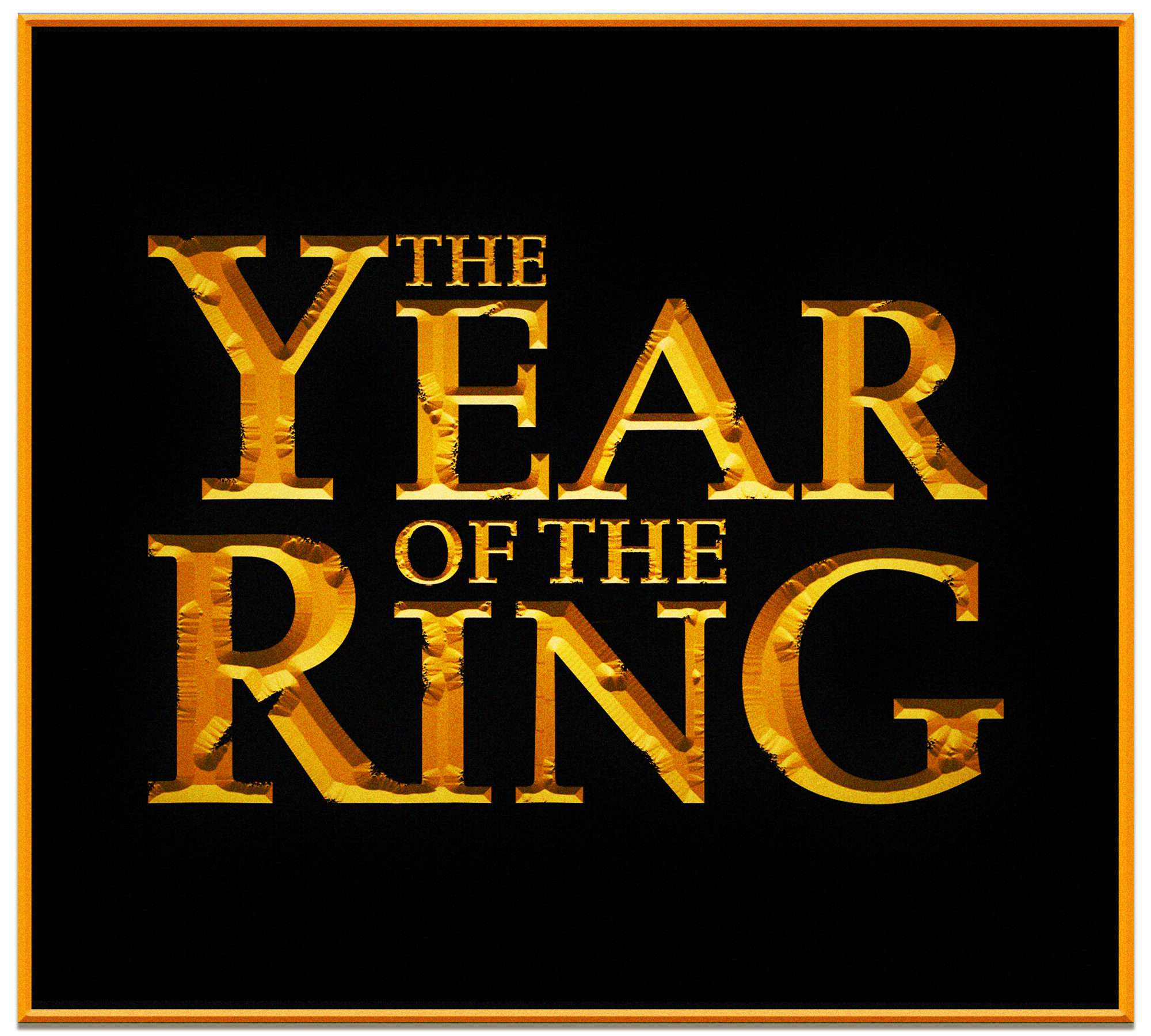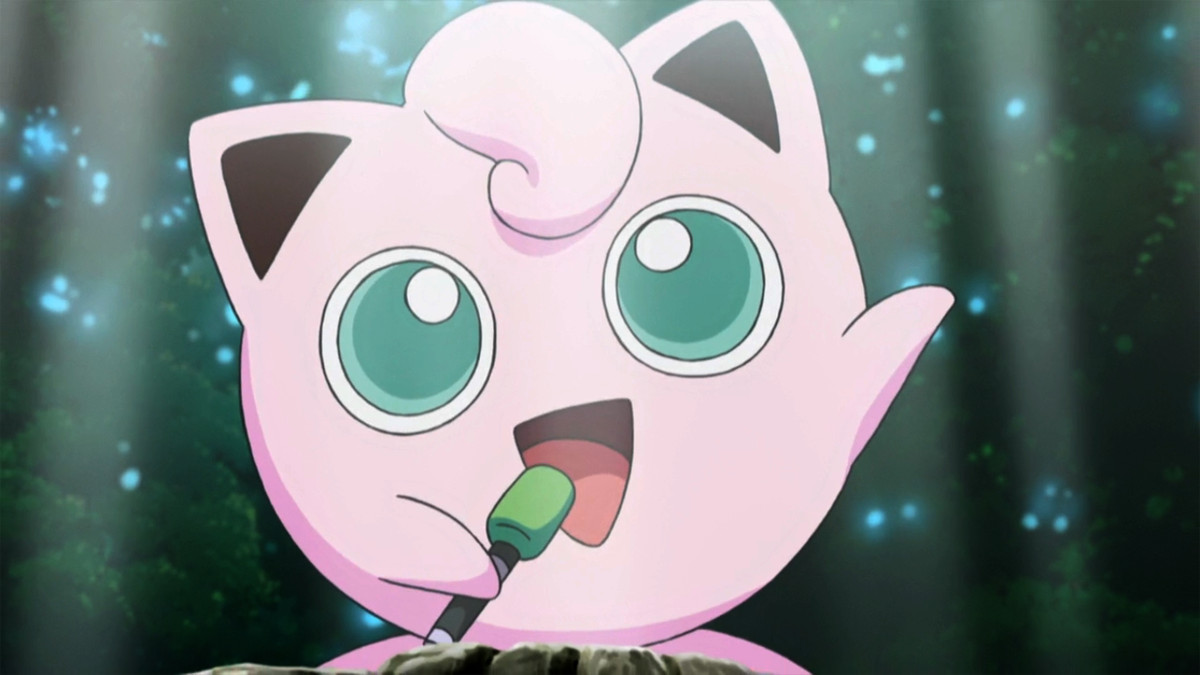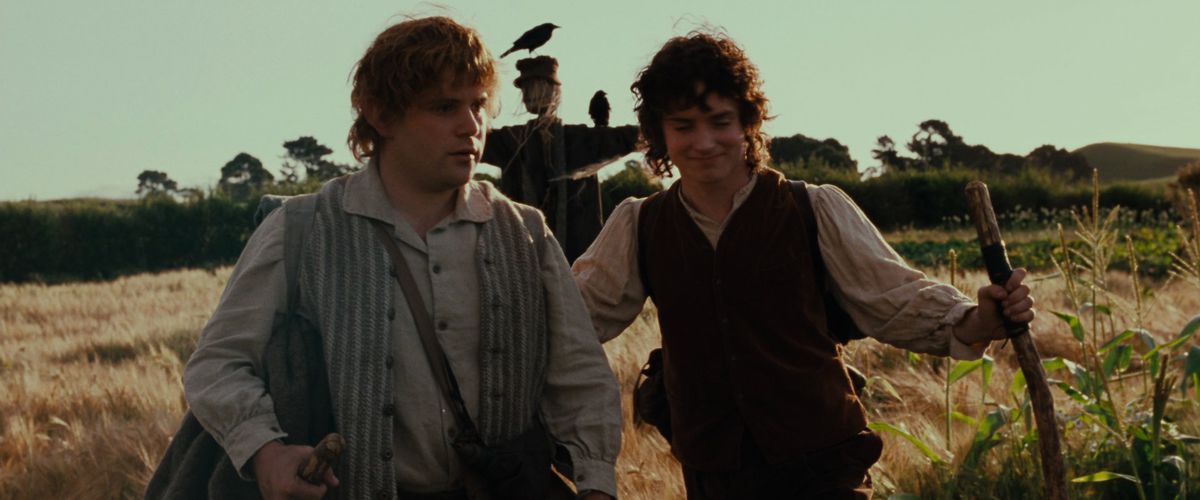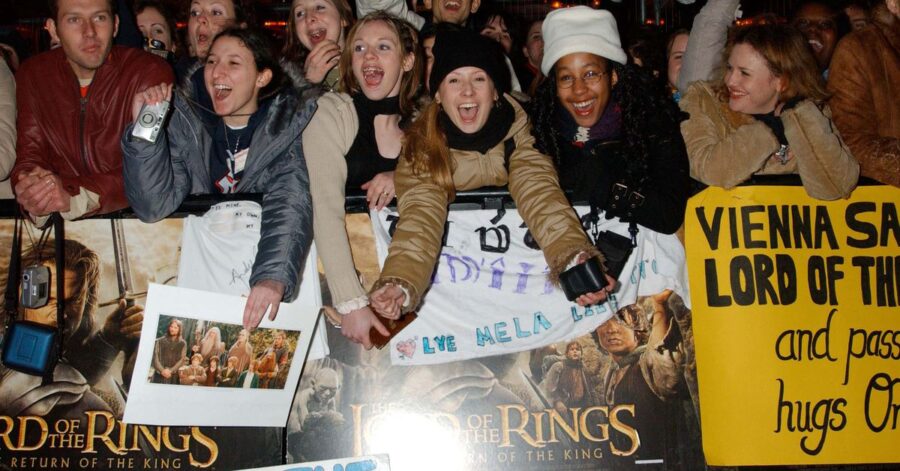In December of 2002, I knew one thing: The things I liked were not cool, and almost nobody wanted to hear about them. Star Trek, not cool. Batman, for babies. Which is why it was so personally terrifying when a girl — a, like, normal girl with deliberately chosen clothes, hair, and makeup — stuck her head around the changing room lockers after gym and yelled in my direction “HEY! That new Lord of the Rings movie coming out this week?”

2023 marks The Lord of the Rings movies’ 20th anniversary, and we couldn’t imagine exploring the trilogy in just one story. So each Wednesday throughout the year, we’ll go there and back again, examining how and why the films have endured as modern classics. This is Polygon’s Year of the Ring.
I must stress that she and I had never spoken before — my high school had a couple thousand students in it — and we never spoke again. She had simply looked at me and thought: “That girl knows the release date of The Two Towers off the top of her head.” I stammered an affirmative response and she disappeared around the lockers, leaving me alone and half-clothed, in the wreckage of an instant, precise, and devastating read on my entire deal as a person.
I’ve never really gotten over it, but it serves as a perfect encapsulation of how deeply Peter Jackson’s Lord of the Rings trilogy penetrated the mainstream consciousness, and how quickly — despite everything else going on in the world at the end of 2001. The movies’ $3 billion gross (in early 2000s money) served as a first and unheeded warning that “niche” interests could dominate mass entertainment, a death knell for the nerd as subculture rather than simply “culture.”
The Lord of the Rings movies were a decade too early to be the final nail in the coffin, not because of anything wrong with them, but with a lack of cultural infrastructure. Middle-earth was ready for the big time, but nobody else was. Not nerds, and especially not normies.
A time when the Lord of the Rings was indistinguishable from Pokémon

Image: The Pokémon Company
It can be difficult to remember how obscure J.R.R. Tolkien’s The Lord of the Rings was before the Peter Jackson trilogy, but here’s an example.
On a November 1999 episode of Who Wants to Be a Millionaire?, contestant Toby Moore was asked, for $500,000, to pick which of four choices was not a Pokémon. After much deliberation, and using his 50/50 lifeline, he chose “Jigglypuff” as his final answer, ending his run. The correct choice was “B: Frodo.” Three years later, a complete stranger was casually yelling at me about The Two Towers.
Even during its early 2000s rollout, when poor Toby’s Pokémon question would have been worth $2,000 at most, the Lord of the Rings trilogy was shockingly inaccessible compared to today’s nerd blockbusters, because the cultural infrastructure that underpins those blockbusters didn’t yet exist. If a movie fan wanted to know a bit more about Gandalf — or even how many movies were on the way and when — it’s not like they’d see the answer pop up in Google News.
It was still the age of the webring, with Google, Inc getting its free, ad-supported search engine off the ground as the trilogy went into production in New Zealand. When The Fellowship of the Ring hit theaters, Wikipedia was less than a year old. YouTube didn’t exist; if you wanted to rewatch a trailer, you went to Apple.com/trailers/ and waited for a Flash-based Quicktime movie to buffer.
In more ways than one, you could not simply walk into Mordor. It’s not that today’s mainstreamed nerd interests are more engaging than the Lord of the Rings trilogy — it’s that everything about them is more accessible. Jackson’s films arrived just as the internet and mobile tech was starting to make it more possible than ever to get into stuff. But it was still the era of panicking when you accidentally pressed the button that made your flip phone open its — and I use this term loosely — “internet browser.”
Indeed, “nerd stuff” is now almost impossible to escape, as the internet becomes a gateway to answering the questions of the girl in the locker room. Google aggregates countless assiduously maintained fan wikis. Entertainment media outlets play to that algorithm to bolster their own audience. Fan communities are no longer insular pockets you have to go find, but social media trends that are surfaced to you whether you’re looking for them or not. The “niche” now dominates the mainstream so completely that it makes Netflix’s Geeked Week upfronts feel quaint and cringe.
And it’s better this way

Image: New Line Cinema
When I was reading Tolkien’s work for the first time, there were no wikis, no meme culture to engage in, no communities that I wasn’t far too shy to engage with. As far as I was aware, the things I liked were not cool, and nobody wanted to hear about them.
Fandom via social media has a lot of problems, but accessibility is not one of them. Easier access to fan communities has given a far greater diversity of people a voice in fan discussions, allowed more people to discover art that truly moves them, and normalized the love of genre fiction.
That accessibility has lead to its own rise in gatekeeping; accusations of “fake nerd girl” or “casual” as a way of denigrating those who are perceived as having only jumped on the bandwagon now that a thing is popular, or have had an easier path to their interests than those who came before. Which is bullshit, of course. People should be able to read The Silmarillion and then immediately go on Tumblr and discover the thriving community of fanartists who like to draw Morgoth and Sauron kissing. It’s a better way.
If there’s any cultural point to glean from the impact of the last 10-plus years of Marvel Cinematic Universe storytelling, it’s that “nerd” stories are actually universal stories, and their relegation to niche entertainment is rooted in format, not their fantastical focus and silly costumes. The story of Spider-Man is the story of Spider-Man is the story of Spider-Man, and so long as it is told well and earnestly, it will find an audience.
A decade before the MCU explosion, Jackson’s Rings trilogy took that assumption as given. He and his collaborators never winked, shrugged, or made jokes at the expense of their own theatricality, despite their commitment to the spirit of Tolkien’s work nearly costing them the job. The saga simply unfolded in front of an unready audience, and in the execution, Jackson was confident that the operatic romance of J.R.R. Tolkien’s series was enthralling enough on its own. The production refused to hold the viewer’s hand, never explaining what a wizard is, or how elven immortality works, and leaving wide open “plot holes.”
If you weren’t up for that reality, well, the theater exit was right over there. But if you were, there were very few avenues available if you were not already inside existing fan spaces. After all, when the easiest way to buy movie tickets is to call a robot on the phone, yelling at a nerdy-looking kid across the room seems like a pretty efficient option.
When “niche” culture goes mainstream, you don’t have to find people to talk about it anymore — the modern internet will find you. The Lord of the Rings trilogy was ready-made for the new accessible fandom of the new mainstreamed geek. We just weren’t quite ready for it.
The death of the “nerd” has been a long time coming, but it didn’t come fast enough for that girl in my high school locker room. I hope she got to see The Two Towers on opening week. I hope she still likes the Lord of the Rings movies. But I can rest assured that cool girls no longer have to use my nerd ass as their own personal Siri. They can Google it and find one of my articles instead.
Polygon – All
Source link
Related Post:
- George RR Martin compares Elden Ring’s world to Lord of the Rings and Conan
- Lord of the Rings’ Boromir death scene revived soft masculinity with a kiss
- The Lord of the Rings: Gollum Is Still a Long Way Away on PS5, PS4
- The history of Boromir’s Walk to Mordor meme is Lord of the Rings magic
- Where Lord of the Rings elves really go when they die
- Lord of the Rings reinvented Tolkien’s story by adding Aragorn’s horse
- New The Lord Of The Rings: Gollum Trailer Features Stealth And Parkour Gameplay
- Amazon Lord of the Rings show gets 2024 premiere date, first image
- Here’s Gandalf in The Lord of the Rings: Gollum • Eurogamer.net
- Lord of the Rings: The Two Towers is quietly one of the best movie sequels ever
